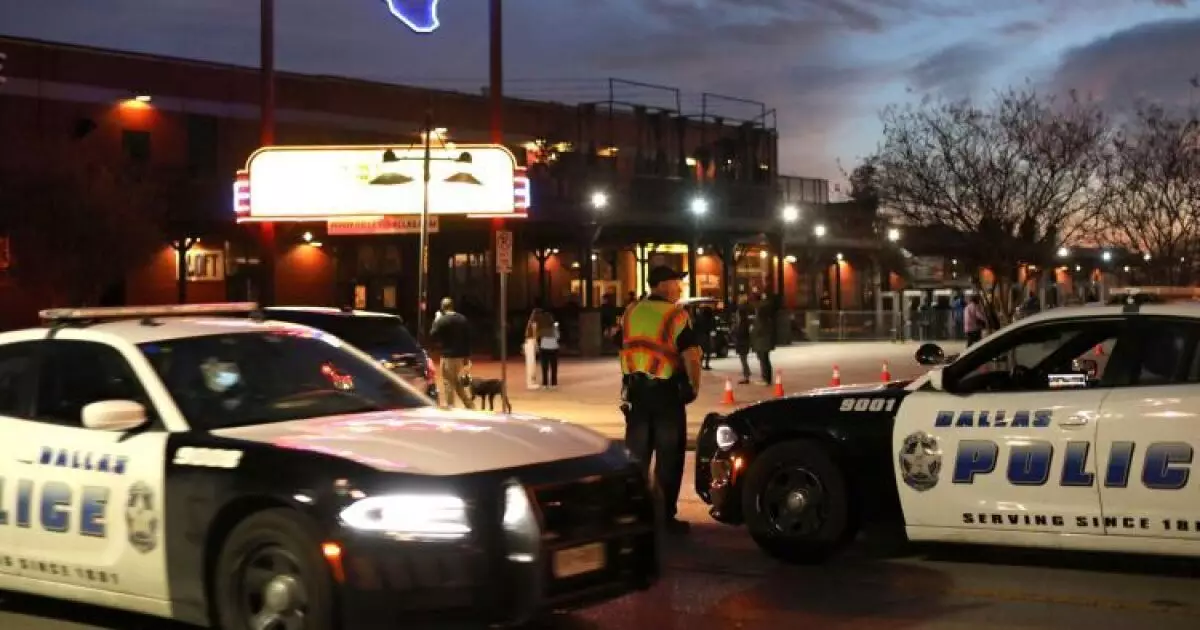Dallas’s recent budget approval exemplifies the ongoing tension between fiscal prudence and political accountability. Officially declared a “balanced budget” at $5.2 billion, it appears to demonstrate sound financial management on the surface. However, beneath this veneer lies a complex reality: a misalignment with voter mandates and a troubling reluctance to fund public safety as promised. The city’s attempt to increase police and fire budgets by $63.1 million seems substantial, yet it falls short of addressing the core expectations set by Proposition U. The reality is that the city’s efforts are more superficial than substantive, turning what should be a bold step toward strengthening law enforcement into a selective compliance exercise that leaves critical mandates unmet.
The city’s leadership appears caught in a delicate dance, trying to appease voters while avoiding meaningful financial commitments that could strain the budget. The reality is that most of Dallas’s revenue is legally restricted or earmarked for other priorities, meaning that the city’s available funds for increased public safety are limited. This situation exposes a troubling unwillingness—or perhaps an inability—to fully honor the will of the voters who approved Proposition U. Ultimately, Dallas’s fiscal strategy seems designed to paint a picture of progress without truly delivering on the promises made to residents.
Public Safety: Ambitious Goals, Half-Hearted Funding
Central to this controversy is the city’s pledge to expand and maintain its police force. Dallas plans to hire 350 new officers and aim for a police force of 3,424, its highest since 2016. While this may sound like progress, critics argue that these figures are more aspirational than tangible. The core issue remains: the budget does not meet the demand of Proposition U, which required at least half of revenue increases to go toward police pensions, pay raises, and ensuring a minimum of 4,000 officers. Instead, the city confers a selective approach, claiming limited revenue growth and ignoring statutory mandates. This not only undermines voter confidence but also reveals a deeper political calculus: promising more, then begrudgingly delivering less.
Furthermore, the budget’s funding for police starting pay is inadequate, with critics pointing out that the city falls short of what Proposition U requires. While the city raises its contributions to pension systems significantly—by over $20 million—the real concern is whether this is enough. The promise to increase police pay and maintain a force of 4,000 officers seems increasingly distant, especially as the city grapples with legal restrictions and revenue limitations. Claims of progress are rendered hollow when the fundamental commitment—of a safe and adequately funded police force—remains unfulfilled.
Legal and Political Constraints: The Shadow of Proposition U
The disagreements surrounding the budget reveal a fundamental clash: elected officials’ desire to control fiscal policy versus the legal and political restraints imposed by voter-approved measures. Proposition U mandates that any revenue growth be partially allocated to public safety pensions and law enforcement wages. However, the city’s accounting practices, aimed at restricting the scope of revenue that qualifies for these expenditures, demonstrate a strategic effort to circumvent or minimize compliance. Critics argue that the city’s portrayal of revenue growth is overly optimistic, masking the true extent of financial constraints.
The implications go beyond budget tables; they threaten the city’s credit ratings and its ability to raise funds on favorable terms. Moody’s downgraded Dallas’s outlook to negative chiefly because of these issues, citing concerns over fiscal flexibility and pension liabilities. The city’s reliance on debt issuance, including a $250 million bond sale, further underscores the precariousness of its financial posture. Despite the impressive bond ratings from Fitch and S&P, these are fragile achievements, contingent on the city’s willingness and ability to meet its legal obligations and voter expectations.
The Political Reckoning and Future Outlook
Dallas faces an uncertain future where political promises and financial realities are often at odds. While the city’s leadership publicly claims to support public safety, the underlying actions reveal a cautious approach that prioritizes fiscal discipline over promised reforms. The reluctance to allocate sufficient revenue for police salaries and pensions hints at a deeper political calculus—one that balances populist promises with pragmatic (and often limited) budgetary constraints.
In a broader sense, Dallas’s dilemma reflects a challenge faced by many American cities: how to translate voter mandates into effective policy without jeopardizing financial stability. The city’s current course suggests that without a willingness to confront revenue limitations head-on, real reform remains elusive. The community’s expectations of safety and fiscal responsibility hang in the balance, revealing the true nature of municipal governance in a fiscally constrained environment. Could Dallas truly meet its promise of a safer city, or are voters simply witnessing a rhetorical victory masked by systemic financial hurdles? Only time will reveal if the city’s leadership can reconcile these contradictions—though skepticism persists.

